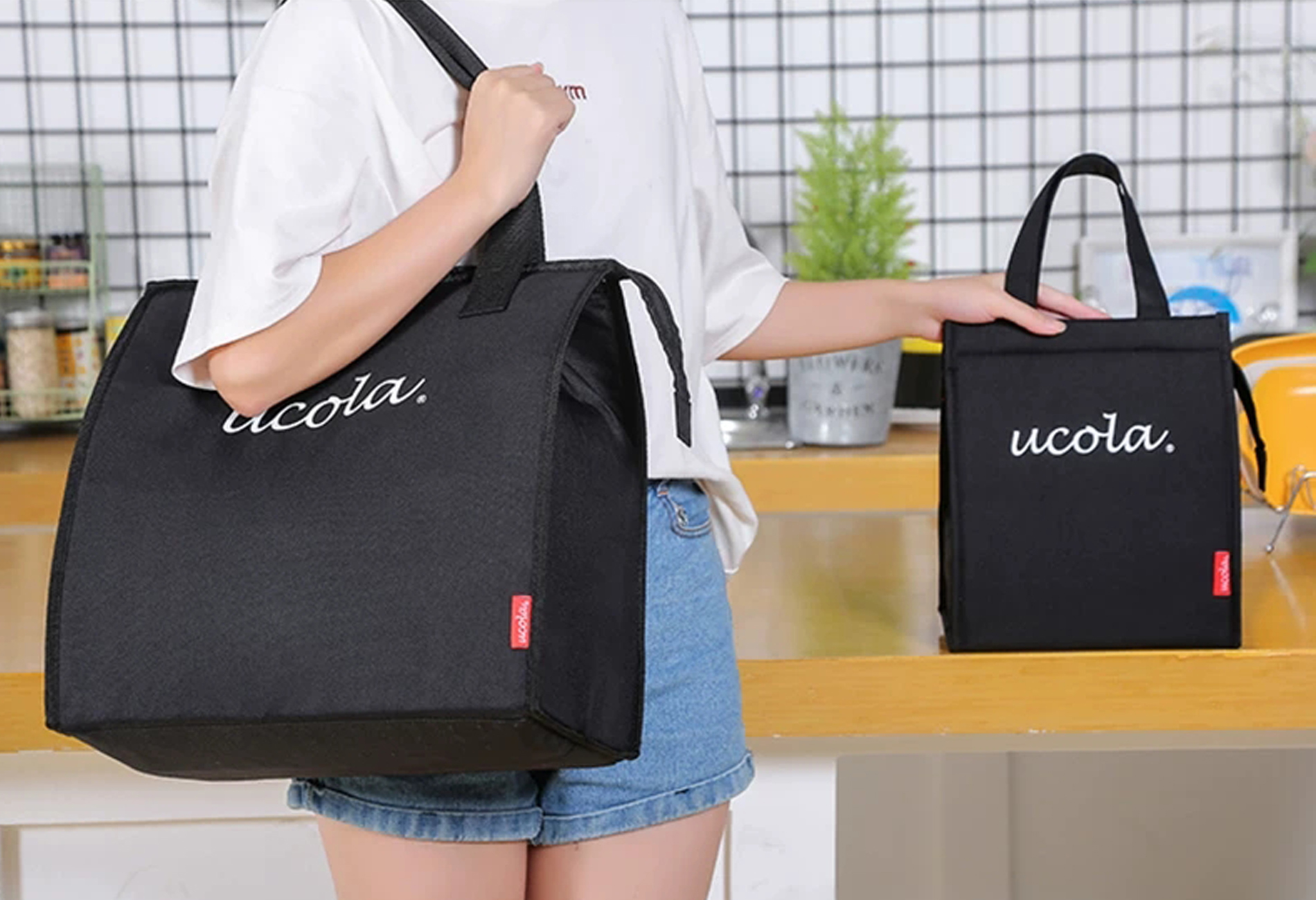The big worry of the insulation bag
2019-12-27

Fresh products ordered online not only have intact inner packaging, but also shiny insulation bags. For some consumers, it saves time to go
shopping, and it's worth the price.
But after putting the food in the refrigerator, it was a bit difficult to face the new insulation bag-it was useless to keep, and it was a pity to
throw it away. Many people believe that "the cost of recycling is high and it is better to save money with a new one." For express delivery
companies, the cost of recycling may be higher than buying new ones directly.
This argument seems reasonable, but it is a bit short-sighted.Take the fresh heat preservation bag as an example, it is coated with a layer of
metal on the outside of the plastic heat insulation layer, which is used to prevent radiant heat transfer and keep the low temperature inside
the bag. Plastics come from petroleum processing, metals come from mining metallurgy, and all sources are non-renewable resources. They
are low in price only because oil and ore are derived from nature and do not require human labor to create them. The development of
technology has made their acquisition and processing more efficient, so the "production cost" has become lower. But the resources they
consume—oil, ore, and the energy required for processing—are used less and less.
In other words, their "cheapness" is that humans are "siting to eat in the sky." When these resources become scarce, our children and grandchildren
may "have money and nowhere to buy". Of course, the current earth can still support a long time, at least our two generations may not face
that situation.
The crisis of resources and energy has attracted global attention, and "sustainable development" has become the common pursuit of the
whole world. From this perspective, waste recycling "waste utilization" is far from "saving money", but to reduce the consumption of resources
and energy.
As far as express insulation bags are concerned, under the current practice, e-commerce companies use new packaging bags uniformly, which
is very convenient for management and operation, and customers will not complain or complain about "insulation bags are old." Go away
without having to wait for the customer to empty the insulation bag before taking it away. The new insulation bag costs money, and the
management, use, and courier time also cost money. In the current market price, the price of the latter may exceed the former, so the e-commerce
company chooses not to recycle.
The social cost that is not included is: every express delivery requires the consumption of resources and energy on the earth to produce a
bag; a bag enters the landfill and it takes many years to degrade. Particles are also pollutants that affect natural ecology. The "cost" of these
two parts is borne by the whole society and even future generations.
What about another approach? For example, after the delivery of the courier, if there is a customer signing, then wait for a few minutes, let
the customer put the food in the refrigerator, and then take the bag away; if the customer can not handle it in time, wait for the next delivery.
Something like a heat preservation bag itself does not directly contact with food, and there is no food safety problem. This kind of processing
only takes a few minutes for the courier in each order, and the insulation bag brought back needs to be sorted out. Considering that a new
insulation bag is saved, the "price cost" paid will not be high. In this way, the resources and energy required to produce a bag, as well as the
ecological pollution generated after the bag becomes garbage, can be avoided.
Developed countries have experienced an explosion of demand for resources and energy. Their luck is that many countries and regions were
very poor at the time of the outbreak and were willing to bear the burden of their energy and resources. In their home country, the disposal
of waste is no longer a matter of "saving money", but a big expense in the production process.